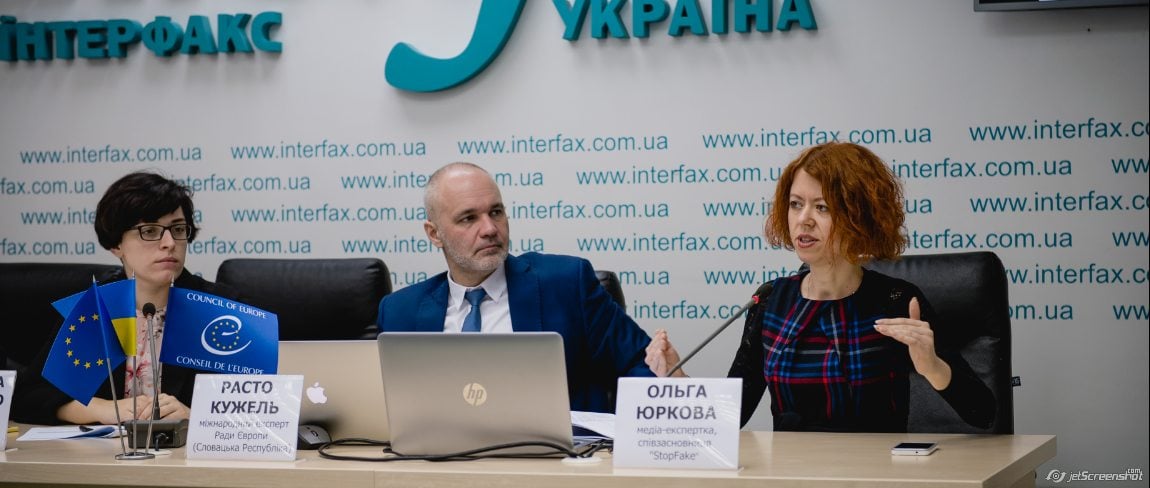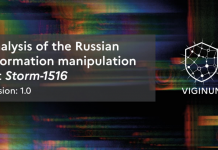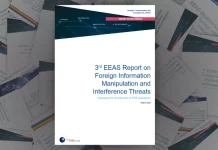
On Monday, February 18, a coalition of CSOs consisting of “The Commission on Journalism Ethics”, “Human Rights Platform”, “Ukrainian Media and Communications Institute” and “StopFake” with the support of the Council of Europe* presented the first interim results of independent public monitoring of media coverage of the Presidential pre-election campaign in Ukraine were presented to the public. The monitoring covered the period of 14 January – 3 February 2019.
Since 14 January 2019, using the methodology developed by the Council of Europe experts, a team of independent monitoring specialists have been conducting quantitative and qualitative analysis of the media coverage of the presidential race by a number of national TV channels, online media and social networks.
“When it comes to the media coverage of the election so far, we have seen a mixed picture. On the one hand, the media have covered extensively activities of candidates as well as procedural aspects related to elections. On the other hand, most media have shown their preferences towards concrete candidates” said Rasťo Kužel, international expert of the Council of Europe. “In order to be able to make a more qualified choice, voters would benefit from a more unbiased and analytical coverage of the campaign.”
Media lawyer and Executive Director of the NGO “Human Rights Platform” Oleksandr Burmahin said: “The first results of monitoring prove that similarly to previous election campaigns, media on a whole, do not observe the requirements of the law regarding the need for balanced and unbiased media coverage of electoral campaign. As a result, the audience, future voters lack the conditions for informed and conscious choice, and on the contrary, become the subject to various manipulations. The situation can be changed only through introduction of clear rules at the legislative level, significant responsibility for their violation and operation of professional, independent regulator (regulators) which possesses adequate authorities”.
Diana Dutsyk, media expert and Executive Director of the NGO “Ukrainian Institute of Media and Communication”: “Almost all media which were included in the monitoring sample and first of all TV channels, with a minor exception, have demonstrated their sympathies and antipathies towards particular candidates. In majority of cases this could be explained not so much by the position of the journalists but rather by position of the media owners, which have their own political interests. This trend characterizes not only current but almost all electoral campaigns in Ukraine“.
“The news which fit Russian propaganda narratives often appeared in the online media,” said Olga Yurkova, media expert and co-founder of NGO “StopFake. – For example, four news websites on 31 January simultaneously published Russian President Vladimir Putin’s statement about the religious situation Ukraine. The statement was discriminatory towards United Ukrainian Orthodox Church and did not cover the position of Ukrainian side. Getting independence by the Ukrainian Orthodox Church was the main topic, around which such messages appeared. Other topics concerned the news legitimizing the occupation of Donbas or Crimea and discrediting Ukrainian authorities. Some TV channels while covering the situation in the frontline avoided calling the opposite side other than “fighters” and do not call Russia an aggressor state or invader.”
Download report (in Ukrainian). The report will be published in English shortly.
*Monitoring is carried out by the coalition of NGOs consisting of “The Commission on Journalism Ethics”, “Human Rights Platform”, “Ukrainian Media and Communications Institute” and “StopFake” (Ukraine) with the support of the Council of Europe Projects “Supporting the transparency, inclusiveness and integrity of electoral practice in Ukraine” and “Strengthening freedom of media, access to information and reinforcing the public broadcasting system in Ukraine”, which are implemented within the framework of the Council of Europe Action Plan for Ukraine 2018-2021.




